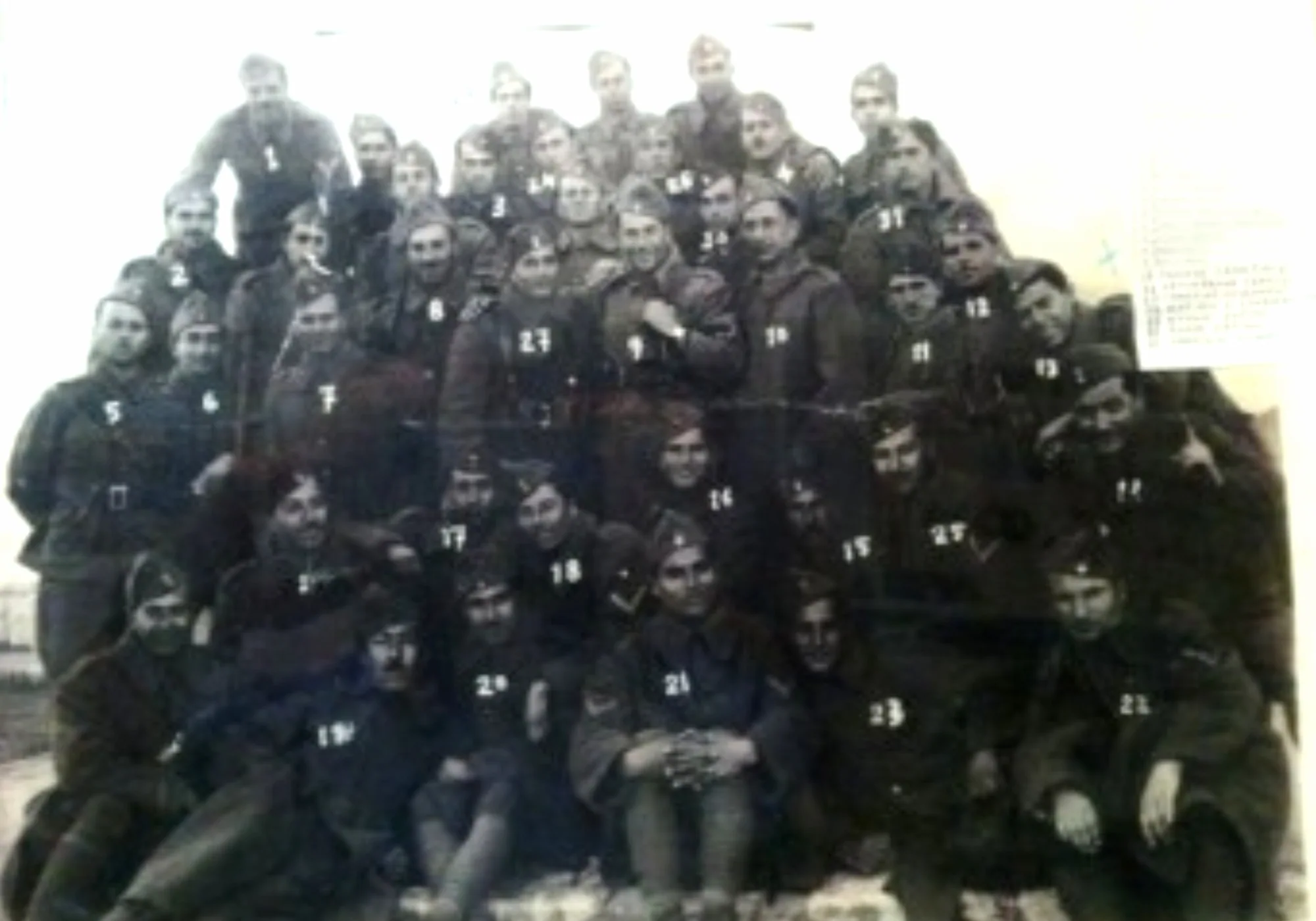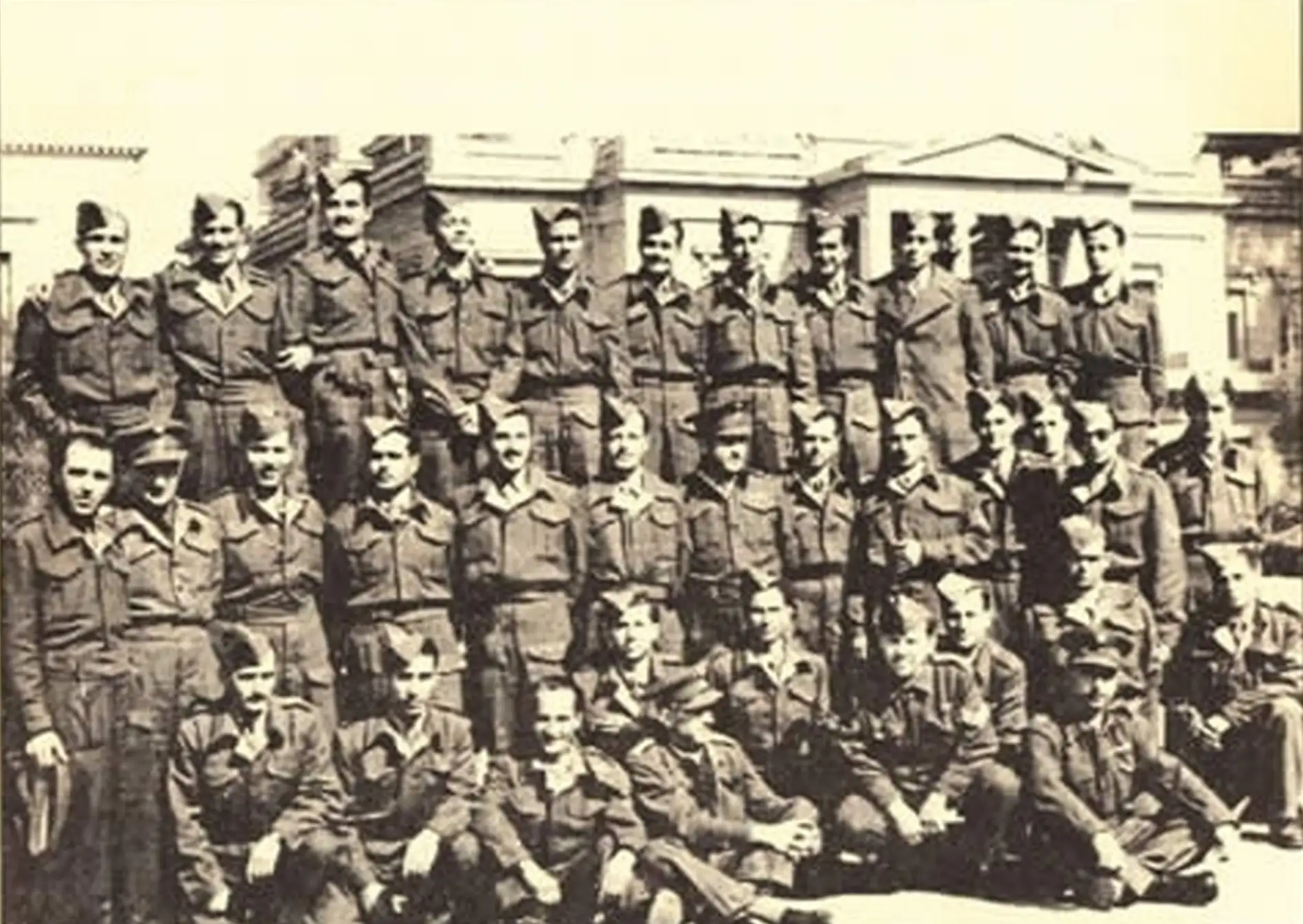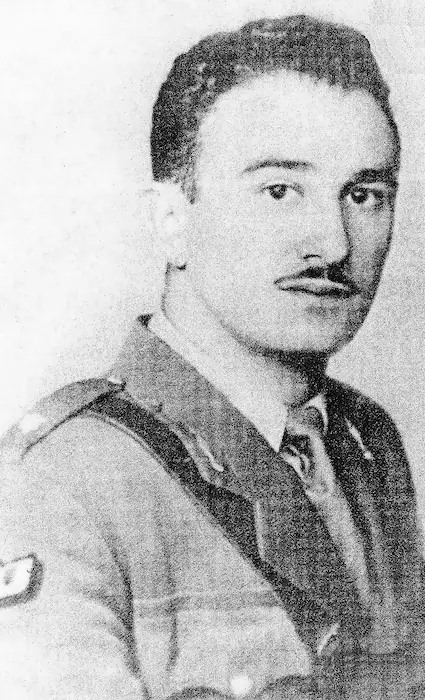The Dodecanese Volunteer Regiment is one of the most remarkable chapters of the Greco-Italian War. Despite the Dodecanese Islands being under Italian occupation since 1912, this did not stop the Dodecanesian people from actively participating in the struggle for Greek independence. Hundreds of men of all ages, professions, and educational backgrounds volunteered to join the regiment, hoping to contribute directly to the liberation of their islands. This effort was led by the Dodecanesian Youth of Athens, which pushed the Greek authorities to accept the volunteers. After persistent efforts, Ioannis Metaxas eventually allowed the enlistment of the Dodecanesians, even though they held Italian citizenship due to the occupation.

The formation of the regiment, while successful, was not without challenges. The volunteers faced significant shortages in equipment and supplies, as promised support from the British never materialized. The training of the men was undertaken by reserve captain Markos Kladakis from Symi, who played a critical role in organizing and preparing the unit. The regiment was composed of men from various islands, including Rhodes, Kalymnos, Symi, and Kos, as well as volunteers living abroad. In early January 1941, the volunteers were sworn in during an official ceremony, where they received the war flag, symbolically crafted by Dodecanesian women, representing their fight for national liberation.
Despite the difficulties, the Dodecanese Volunteer Regiment played a significant role on the Albanian front, integrated into the 20th Division of the Greek Army. The volunteers responded with enthusiasm, although they faced severe shortages of weapons and supplies, as the promised British assistance never arrived. The training of the men was brief but crucial, led by reserve captain Markos Kladakis, who was key in organizing and motivating the regiment. The selflessness and bravery of the volunteers were exemplary, especially at a time when their homeland was under foreign occupation, and the hope for the liberation of the Dodecanese remained their common goal.

After the collapse of the front and the German invasion in April 1941, the regiment suffered heavy losses and was eventually disbanded. The volunteers, who found themselves facing strong German forces, were forced to abandon their positions. Many returned to Athens, where they actively participated in the National Resistance during the Occupation. Others managed to escape to the Middle East, where they joined the Royal Hellenic Army and the Sacred Band. Their contribution to the war did not cease, even though the regiment could not survive as a unified military unit.
At the same time, the Italian occupying authorities in the Dodecanese intensified persecution against the families of the volunteers, fully aware of the role they had played in the fight against the Axis forces. Despite these hardships, the sacrifice and bravery of the Dodecanese volunteers left a lasting mark on the Greek struggle for freedom, inspiring their island communities and contributing significantly to the national cause, both on the frontlines and in the resistance against the occupiers.







